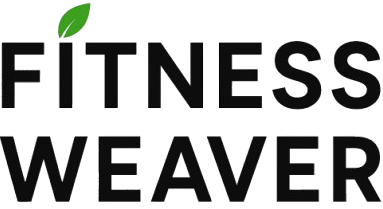Discover the best nutrient-rich foods and vitamins that naturally support your body’s collagen production for youthful skin, strong bones, and flexible joints.
What is Collagen and Why Does Your Body Need It?
Collagen is your body’s most abundant structural protein, acting as the scaffolding that holds your connective tissues together. This vital protein plays a crucial role in maintaining strong bones, promoting joint mobility, and preventing premature skin aging. According to the National Institutes of Health, as we age, our natural collagen production decreases, making it essential to support our body’s synthesis through proper nutrition.
Whether you’re looking to improve skin elasticity, support joint health, or maintain bone strength, incorporating nutrient-dense foods into your diet can make a significant difference in your overall well-being.
The Science Behind Collagen and Nutrition
Your body naturally produces collagen using amino acids, vitamins, and minerals from the foods you eat. The Harvard T.H. Chan School of Public Health explains that while some foods contain ready-made structural proteins, others provide the essential building blocks your body needs to manufacture these important compounds on its own.
Understanding which foods support protein synthesis can help you make informed dietary choices that benefit your skin, bones, and joints from the inside out.
12 Best Foods to Naturally Boost Your Collagen Levels
1. Bone Broth: The Ultimate Protein Source
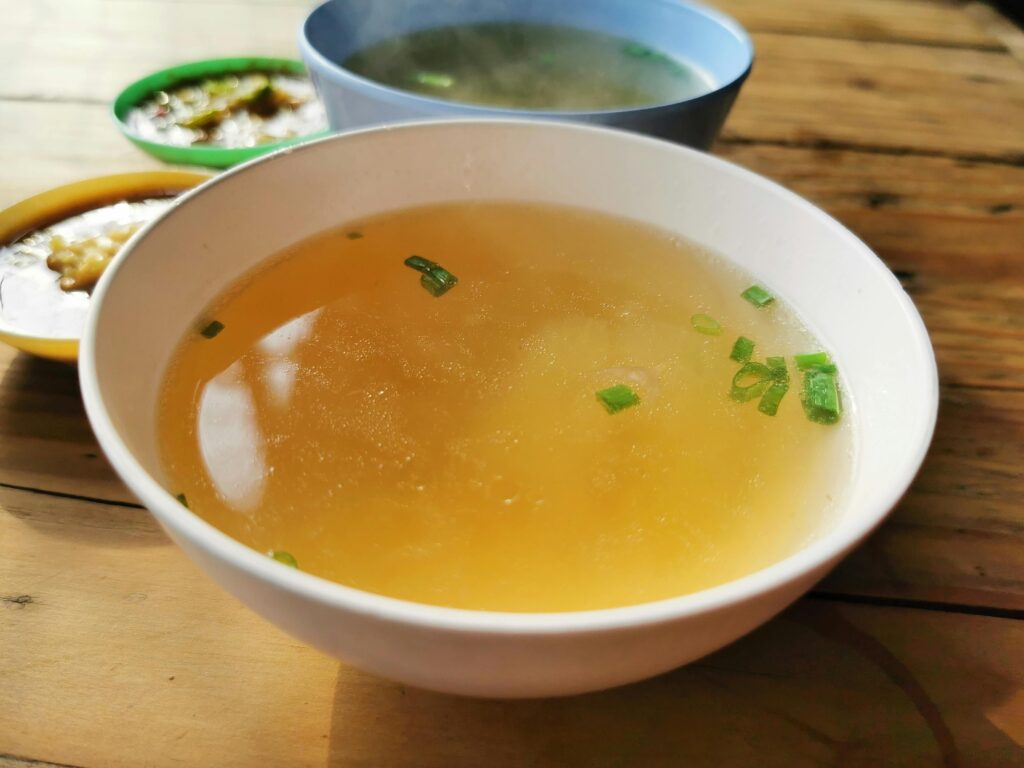
Bone broth stands out as one of the richest dietary sources of collagen. Made by simmering roasted bones from beef, chicken, turkey, or pork for several hours, this nutrient-dense liquid contains between 17.9% to 20.4% structural protein content.
Benefits:
- Direct source of bioavailable proteins
- Rich in amino acids
- Supports joint health
- Easy to make at home for quality control
2. Seafood: Ocean-Sourced Protein Power
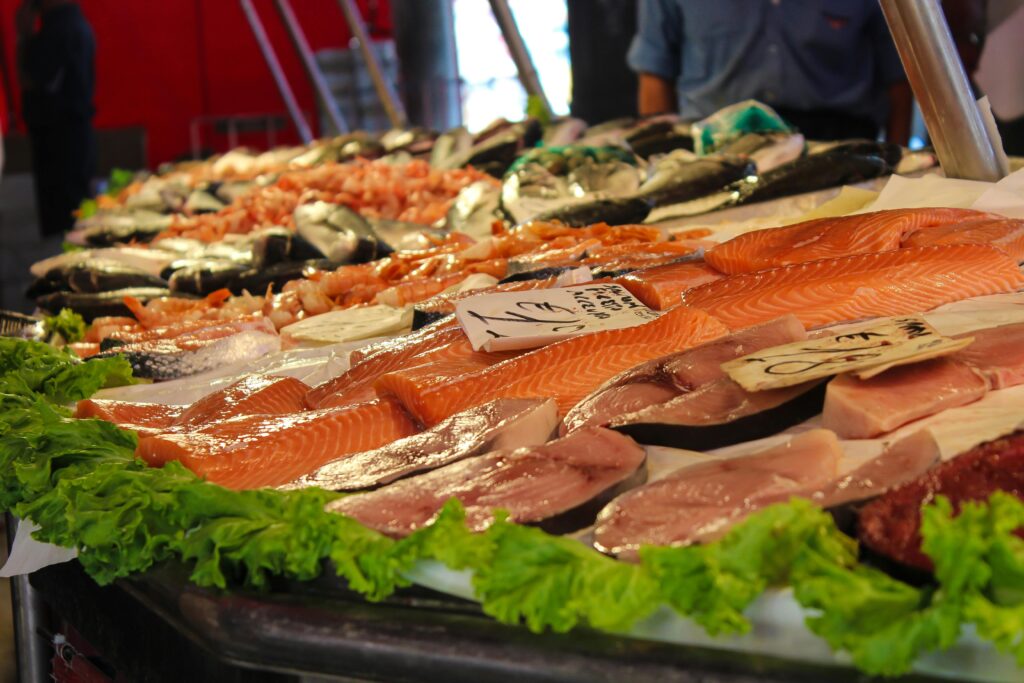
Fish skin, bones, scales, and cartilage are excellent sources of marine collagen. Research from the Journal of Food Science and Technology shows that skin-on salmon, canned sardines, and anchovies provide both structural proteins and heart-healthy omega-3 fatty acids.
Protein-Rich Seafood Options:
- Skin-on fish (salmon, mackerel, tuna)
- Canned sardines with bones
- Anchovies
- Shellfish (oysters, shrimp) – rich in zinc for protein production
3. Poultry: Versatile Protein Sources

Chicken, turkey, and other poultry provide substantial amounts of collagen, especially in skin-on preparations and bone-in cuts. Chicken feet and thighs contain more structural proteins than breast meat.
4. Organ Meats and Offal: Nutrient-Dense Options
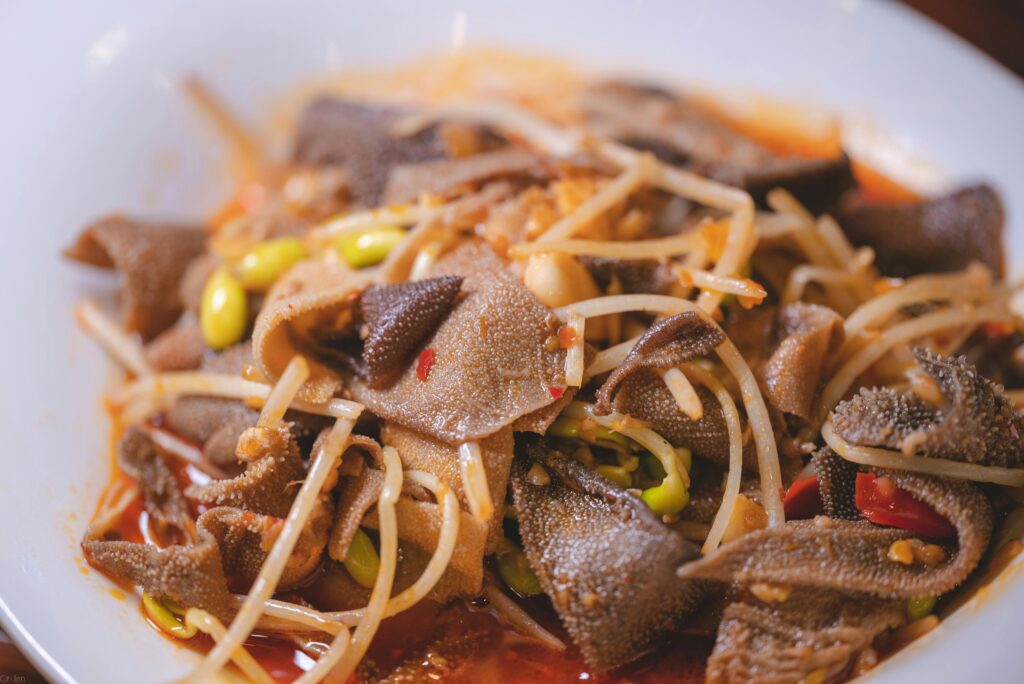
Traditional foods like beef tripe, oxtail, and chicken feet are incredibly rich in collagen and connective tissue compounds.
High-Protein Organ Meats:
- Beef tripe (stomach lining)
- Beef and pork skin
- Pig ears
- Oxtail
- Chicken feet
5. Dairy Products: Complete Protein for Synthesis
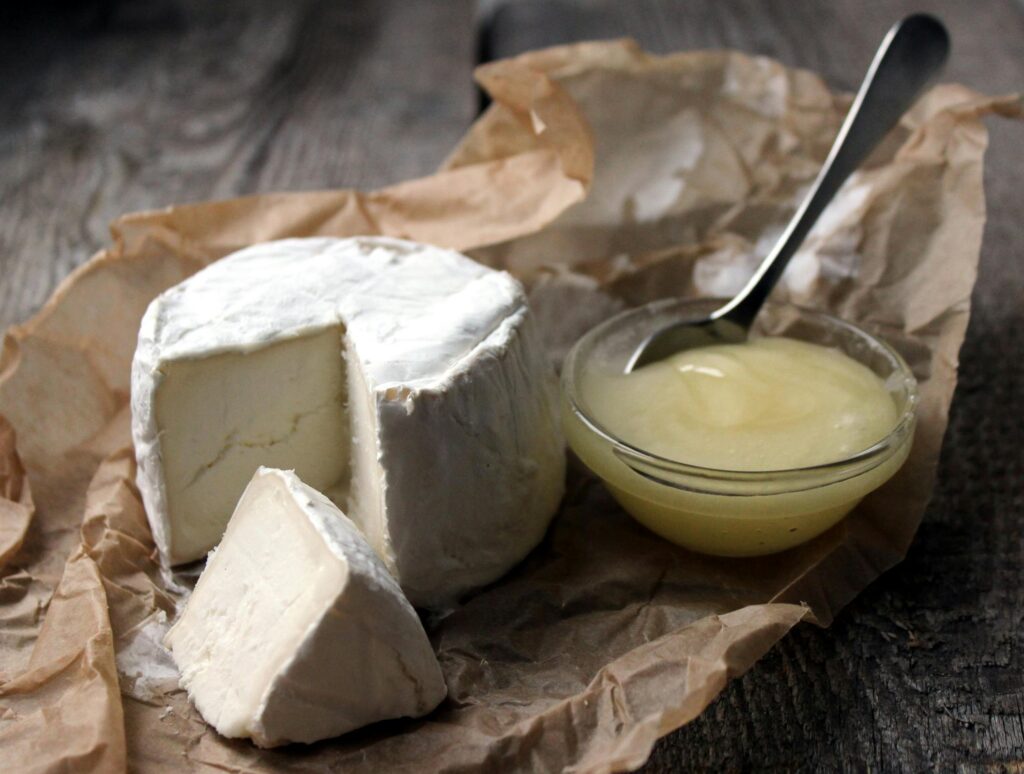
While dairy doesn’t contain collagen directly, milk, cheese, and eggs provide complete proteins with all essential amino acids needed for natural production.
6. Legumes: Plant-Based Building Blocks
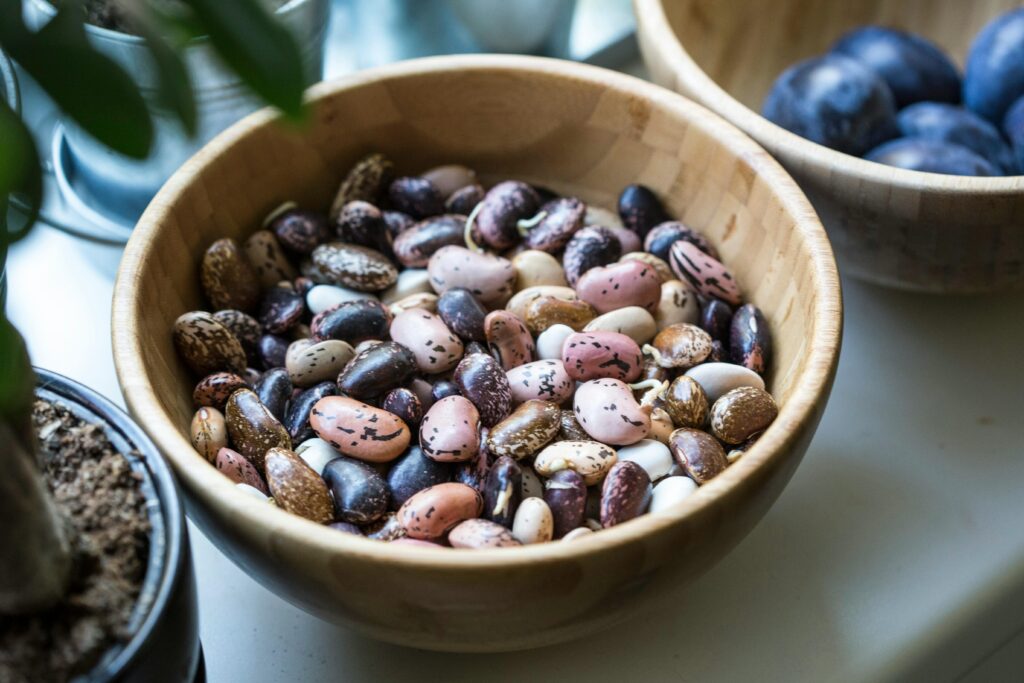
Beans, peas, and lentils offer protein and essential minerals like zinc and iron that support protein synthesis in the body.
Best Legumes for Protein Support:
- Black beans
- Chickpeas
- Lentils
- Green peas
7. Soy Products: Complete Plant Protein Plus Isoflavones
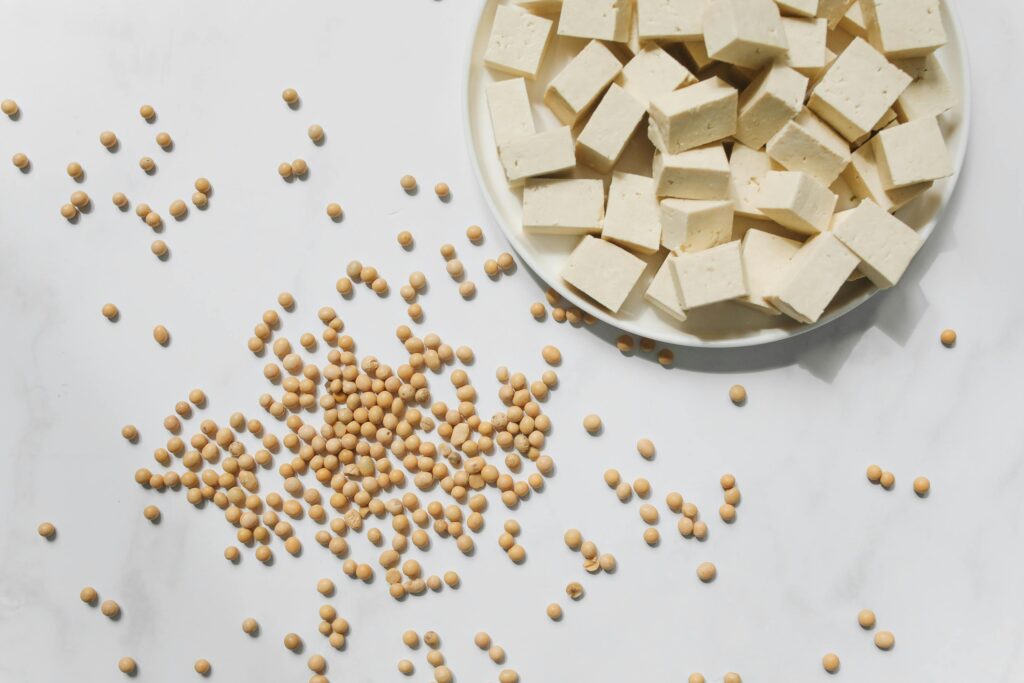
Soy provides complete protein and contains isoflavones that may promote natural protein production.
Soy-Based Foods:
- Tofu
- Tempeh
- Soy milk
- Miso
- Edamame
8. Leafy Greens: Vitamin C and Amino Acid Powerhouses
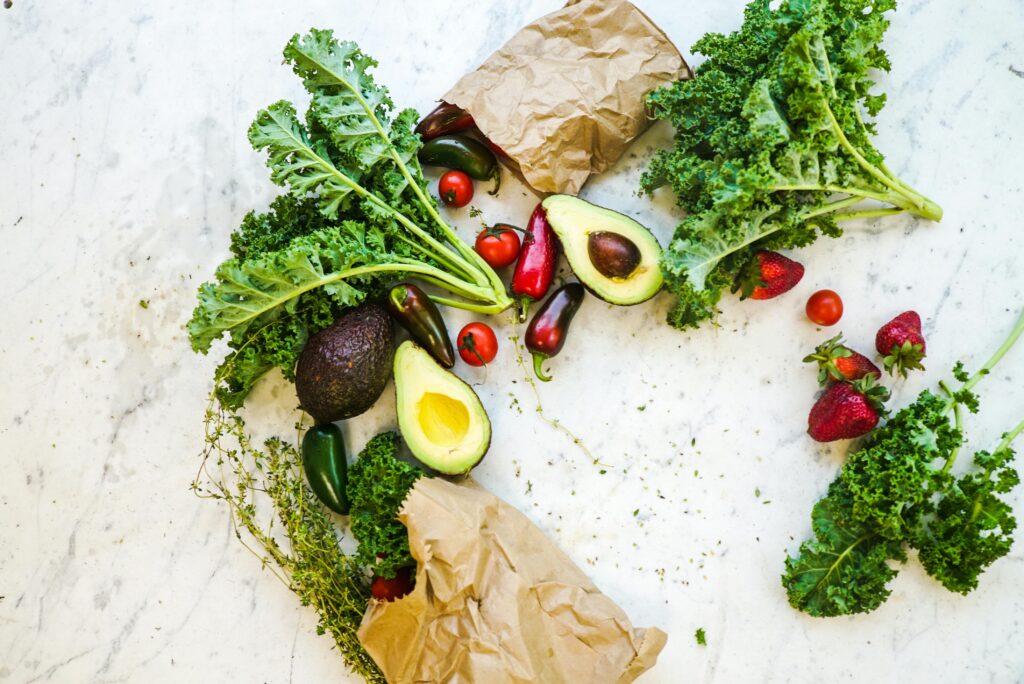
Dark leafy greens contain both amino acids and vitamin C, which are essential for collagen production and maintenance.
Top Protein-Supporting Greens:
- Spinach
- Kale
- Collard greens
- Swiss chard
- Watercress
9. Citrus Fruits: Vitamin C for Synthesis
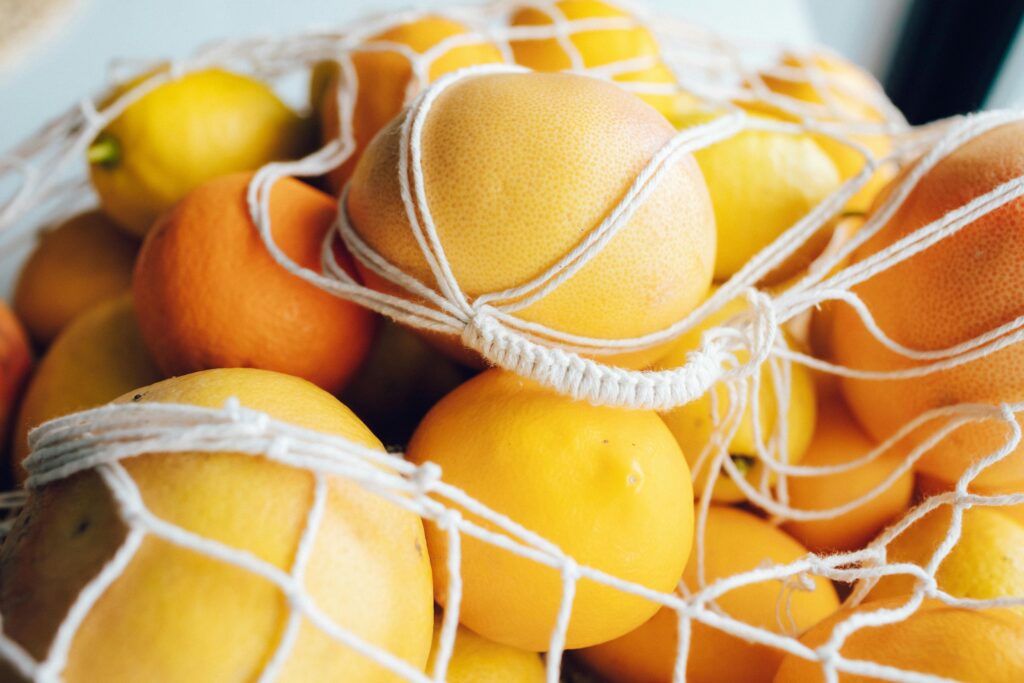
Vitamin C is absolutely crucial for collagen production. According to the Mayo Clinic, citrus fruits provide high concentrations of this essential vitamin.
Best Citrus Options:
- Oranges
- Grapefruit
- Lemons
- Limes
10. Berries: Antioxidant-Rich Vitamin C Sources
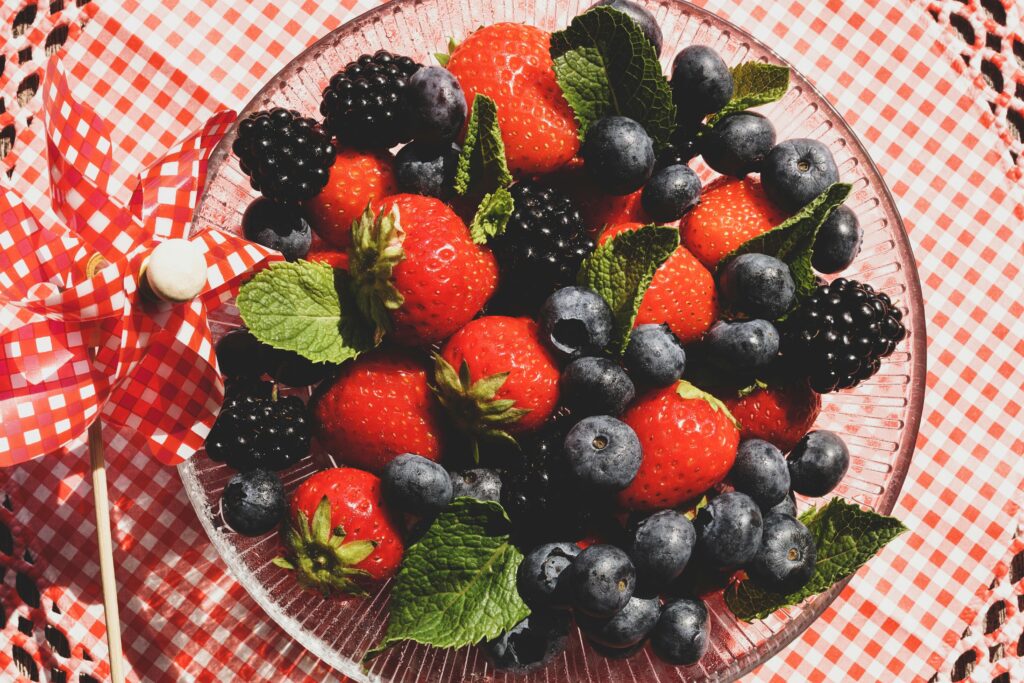
Berries combine high vitamin C content with powerful antioxidants that protect existing collagen from damage.
Top Berry Choices:
- Strawberries
- Blackberries
- Raspberries
- Blueberries
11. Bell Peppers: Colorful Vitamin C Boost
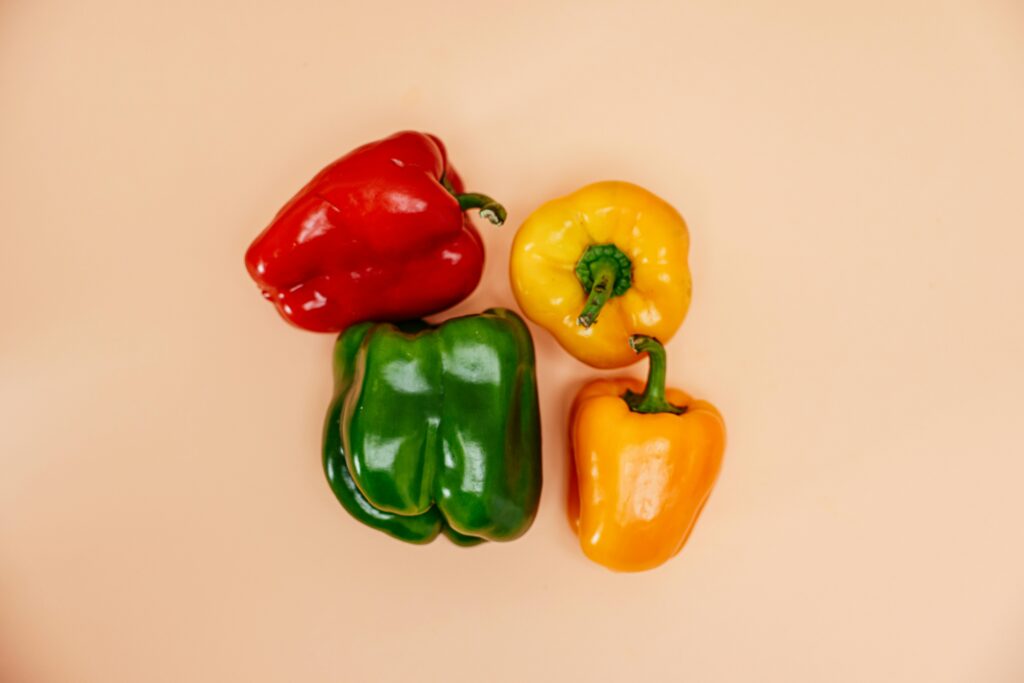
Red, orange, and yellow bell peppers contain more vitamin C than green varieties, making them excellent for supporting protein synthesis.
12. Kiwi: Vitamin C Superfruit
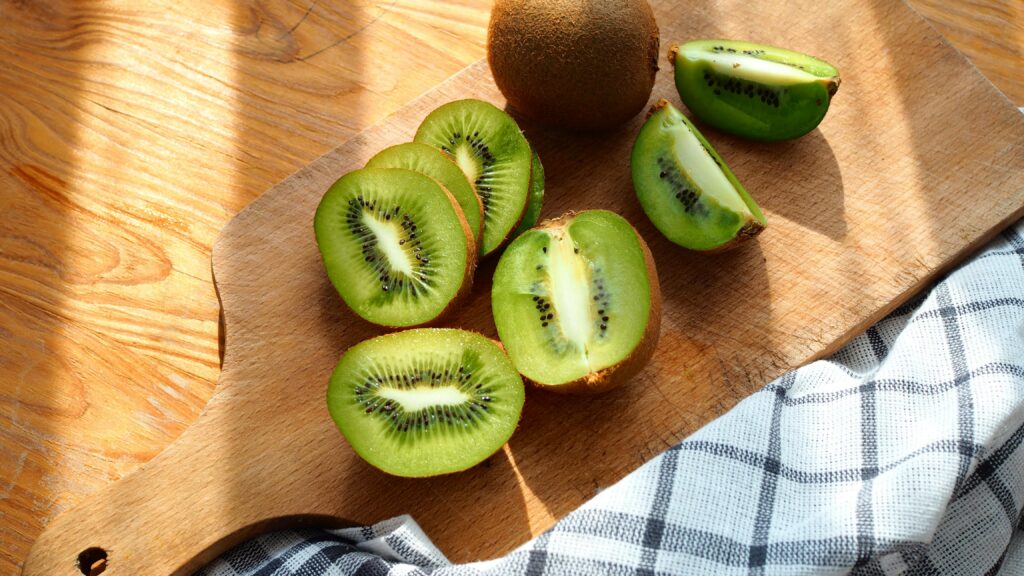
One medium kiwi provides over 75% of your daily recommended vitamin C intake, making it a protein-supporting superfruit.
The Health Benefits of Increasing Collagen Intake
Research suggests that supporting your body’s collagen levels through diet may provide several important health benefits. A comprehensive review in Nutrients journal highlights the following benefits:
Skin Health:
- Improved skin hydration
- Increased skin elasticity
- Reduced signs of aging
- Better wound healing
Joint and Bone Health:
- Enhanced joint mobility
- Reduced joint discomfort
- Stronger bone structure
- Improved connective tissue function
Supplements vs. Food Sources
While supplements are popular, obtaining nutrients through whole foods offers several advantages. The Cleveland Clinic recommends:
- Better nutrient absorption
- Additional beneficial compounds
- More cost-effective
- No risk of contamination
However, supplements can ensure consistent intake when dietary sources are limited. Always consult with your healthcare provider before starting any supplement regimen, as recommended by the American Dietetic Association.
Creating a Collagen-Boosting Meal Plan
To maximize your protein support, aim to include:
- Protein sources with structural proteins or complete amino acid profiles at each meal
- Vitamin C-rich foods daily to support synthesis
- Mineral-rich foods like leafy greens and legumes
- Antioxidant-rich berries and vegetables to protect existing proteins
Key Takeaways for Natural Support
Supporting your body’s collagen production naturally requires a combination of direct sources and building nutrients. Animal products like bone broth, fish, and poultry provide ready-made structural proteins, while plant foods supply the vitamins, minerals, and amino acids your body needs to produce these compounds naturally.
By incorporating these 12 nutrient-boosting foods into your regular diet, you can support healthier skin, stronger joints, and better overall connective tissue function. Remember that consistency is key – making these foods a regular part of your eating pattern will provide the best long-term benefits for your protein levels and overall health.
Ready to boost your collagen naturally? Start by adding bone broth to your weekly meal prep and including vitamin C-rich fruits and vegetables in every meal. Your skin, joints, and bones will thank you!
